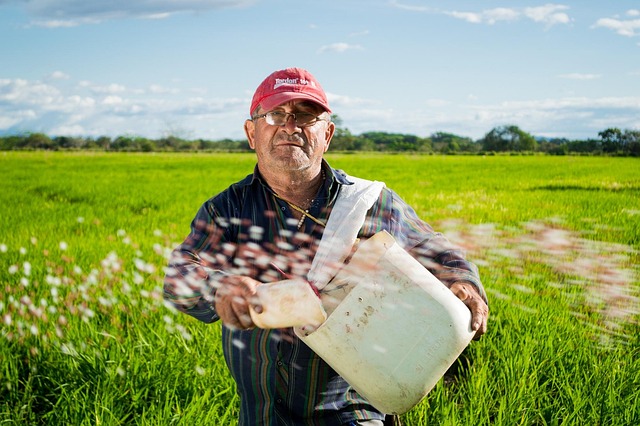As we embrace our passion for gardening, it’s essential to recognize the role our vegetable gardens play in promoting a healthier planet. By making conscious decisions that focus on environmental impact mitigation, we can cultivate a thriving garden while being kind to nature. Here are ten eco-friendly tips that will not only benefit your garden but also contribute to a sustainable environment.
1. Embrace Native Plants
Choosing native plants for your vegetable garden supports local ecosystems. Native species require less water and are more resistant to pests, allowing you to reduce your reliance on chemical fertilizers and pesticides.
2. Practice Crop Rotation
Crop rotation is a sustainable practice that involves changing the types of vegetables grown in specific areas of your garden each year. This method promotes healthy soil and reduces the risk of pests and diseases, which in turn minimizes the need for harmful chemicals.
3. Use Organic Fertilizers
Opt for organic fertilizers such as compost or well-rotted manure. These natural options enrich your soil without introducing synthetic chemicals that can harm beneficial microorganisms and affect the surrounding ecosystem.
4. Implement Rainwater Harvesting
Collecting and using rainwater not only conserves water resources but also reduces the environmental impact associated with municipal water systems. Install a rain barrel to channel runoff from your roof and use it to irrigate your garden.
5. Choose Eco-Friendly Pest Control
Instead of reaching for chemical pesticides, consider using natural pest deterrents like neem oil, insecticidal soap, or beneficial insects such as ladybugs. These alternatives safeguard the health of your plants and protect the surrounding wildlife.
6. Practice Mulching
Applying a layer of organic mulch around your plants helps retain moisture, suppress weeds, and enrich the soil as it breaks down. This practice minimizes the need for water and reduces the environmental impact caused by weeding and watering.
7. Utilize Companion Planting
Companion planting pairs specific plants that enhance each other’s growth while naturally deterring pests. This method not only boosts biodiversity in your garden but also reduces the need for additional interventions, creating a more sustainable gardening environment.
8. Reduce Plastic Use
Opt for biodegradable seed trays and natural plant supports instead of plastic alternatives. By reducing plastic in your garden, you play a critical role in decreasing plastic waste and its harmful effects on nature.
9. Maintain Water-Efficient Irrigation
Take advantage of drip irrigation systems to deliver water directly to the roots of your vegetables. This method minimizes evaporation and runoff, which helps conserve water resources and reduce your garden’s overall environmental footprint.
10. Educate Yourself and Others
Continue learning about sustainable gardening practices and share your knowledge with fellow gardeners. Raising awareness about the importance of environmental impact mitigation fosters a community that values eco-friendly practices and encourages others to take action.
By integrating these eco-friendly practices into your vegetable gardening routine, you can create a nurturing space that respects and enhances the natural world. Let’s work together to cultivate not only bountiful harvests but also a healthier planet for future generations.




